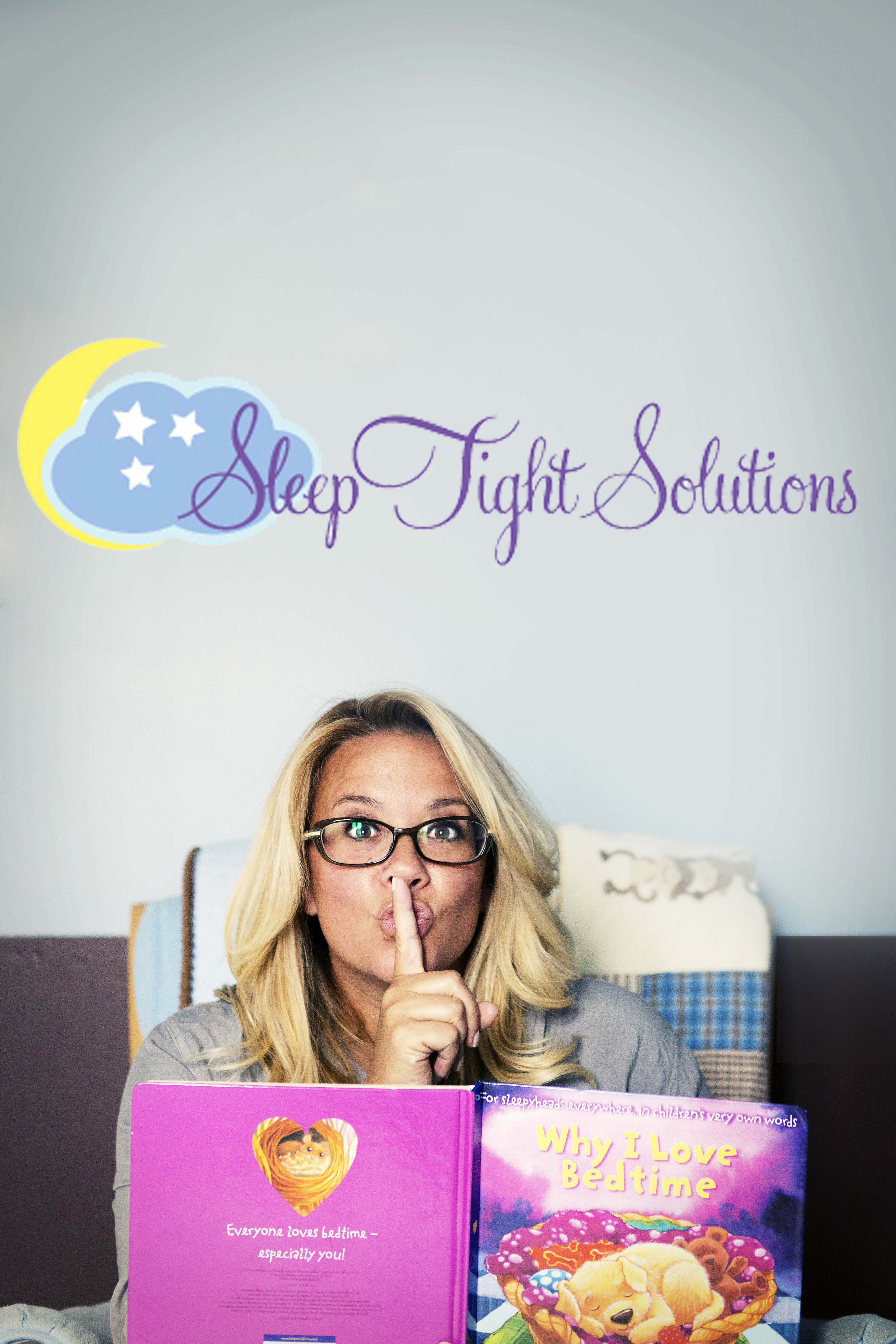
4 Key components that establish healthy sleep habits
Unfortunately babies don’t come with instruction manuals and this leaves many new parents in the dark about how to establish healthy sleep habits for their children.
Setting a healthy foundation for sleep is critical for our growing babies. It allows for optimal mental and physical development. A well rested baby can deal with everyday stresses better and they have the ability to learn and absorb more of the world around them.
There is so much conflicting information out there about how to establish healthy sleep habits that many parents are left confused , frustrated and as a result, sleep deprived.
As a certified pediatric sleep consultant (and a mom of 2 young kids) , I would like to offer you some easy to follow information so that you can start to establish a healthy foundation of sleep.
- Sleep Environment: Regardless of your parenting philosophy when it comes to sleep and where your child actually sleeps, there are certain aspects that should be present:
- Dark. Think cave. A child’s room during sleep should be as dark as possible. Black out blinds are essential.
- Temperature. The room should not be too hot or too cold. Depending on how your child is dressed, the temperature should range between 19-22 Celsius
- Crib safety and entertainment.. Your child’s crib should be associated with nothing but sleep. Although tempting, we want to avoid mobiles, aquariums or any toy or device that plays music or has lights. These only distract our babies from the mission of getting to sleep. Simple bedding is all you need. We also want to avoid any loose bedding or toys from the crib.
- Bedtime Routine: As of 6 weeks of age, babies are able to start making associations; therefore as part of laying that foundation for healthy sleep habits, this is an ideal time to start establishing a solid bedtime routine. Consistent bedtime routines serve as a cue to your child that sleep is coming next. We want to make sure that we have the same sequence of events happening in the same order so that your routine is consistent. Babies and children thrive on consistency, routine and structure. It is also worthy to note that it is not recommended to have any television or Ipads as part of your bedtime routine. It has been proven that it takes only seven minutes of screen time to inhibit that natural release of melatonin.
- Schedule: Our babies have biological sleep cycles. What this means is that there are certain times in the day when their little bodies are meant to be asleep, and certain times that they are meant to be awake. If we have them up when they are meant to be asleep and vice versa, then we have problems. When we are aware of these cycles and ensure that we have them sleeping on the correct schedule, we find not only longer more restorative quality sleep, but they also have an easier time falling asleep and staying asleep. Even without selecting an actual sleep training method, just getting your baby on the appropriate biological schedule will make a huge difference and set our children up for success when we start any type of sleep training.
- Self Soothing Skills: Does your baby have the ability to put herself to sleep without intervention? Does your child have strong sleep associations and require you to nurse, rock, sing, pat or swing your baby to get him to sleep every time he wakes? If the answer is yes, then your baby is lacking self soothing skills. Allowing your child to learn and develop this important skill is a key factor to establishing healthy sleep habits.
There are various methods that a family can choose from to sleep train their little ones. Some are more direct and some more gradual, but whichever method you choose, consistency, persistence and patience is key!
Did you know? Tracy Braunstein is the resident sleep expert for Piccolo Universe. Piccolo Universe founded by Ricky Martin is a place for parents and caregivers to discover, share, learn, and connect. As a regular sleep expert contributor Tracy shares her sleep training tips for Piccolo Universe readers and this article was originally published here.







Chantal
February 17, 2016, 9:27 pm
Good evening. You have responded to my question on your website this evening and you had mentioned that my 4.5 month old is read to sleep train or learn how to self sooth. I put her down while she’s awake at 730-8 and she wakes up at 1230 and ever 1.5 after that. You had mentioned she still needs two feeding around 12 and 4 but another comment similar to mine you had mentioned the baby was ready fully.
I only have a hard time putting her back down without feeding her in the middle of the night wakings. She does sleep in her room. How can have her self sooth her so that she can sussefuly sleep on her own without wanting to feed so much ?
Thank you
Tracy
February 23, 2016, 12:05 pm
Hi Chantal,
At 4 months it is completely reasonable for a baby to still take two feeds, ideally around midnight and then around 4am. I don’t know specifically which comment you are referring to so I can’t comment on the details and if when I said baby was fully ready, I was likely referring to doing sleep training. That being said if a baby is showing they can do their nights and are not waking for that feed, it is also ok to drop that feed (providing pediatrician gives the all clear regarding growth).If she has self soothing ability then she can use those skills for any wakings that are not her feeds. You just need to give her the opportunity to do so. Hope that answers your question!